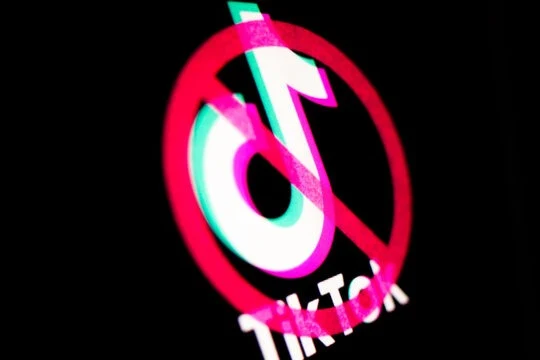The seemingly never-ending scroll of dance challenges, comedy skits, and educational explainer videos – that's the world of TikTok, a social media platform that has exploded in popularity, particularly among younger audiences.
- TikTok's short videos and personalized feed keep young users engaged, but concerns about privacy and content moderation linger.
- TikTok offers educational content and fosters communities, but faces questions about user safety and echo chambers.
- While fun and informative, TikTok faces challenges in protecting young users from harmful content and data privacy risks.
The seemingly never-ending scroll of dance challenges, comedy skits, and educational explainer videos – that's the world of TikTok, a social media platform that has exploded in popularity, particularly among younger audiences. But with its meteoric rise comes a growing chorus of concern, culminating in the potential of a ban in some regions. This potential ban raises a crucial question: how will young people discover and engage with content in the ever-evolving digital scene?
TikTok's success can be attributed to several factors. Its short-form video format caters to shrinking attention spans, offering digestible chunks of entertainment and information. The "For You" page, powered by a sophisticated algorithm, curates content specifically for each user based on their watch history and interactions. This personalized feed creates a sense of endless discovery, keeping users glued to their screens. While lighthearted dance trends and funny challenges may be what initially grabs attention, TikTok offers a surprisingly diverse range of content. Educational creators are using the platform to explain complex topics in engaging ways, making learning accessible and fun. From science experiments to historical breakdowns, there's a wealth of knowledge waiting to be discovered on TikTok.
The platform also fosters a strong sense of community. Niche subcultures have found a home on TikTok, allowing users to connect with others who share their interests. Whether it's a passion for K-pop music, a love for obscure historical reenactments, or a fascination with specific video game genres, TikTok provides a space for belonging and shared experiences.
However, alongside its undeniable appeal, TikTok faces significant concerns. Issues surrounding user privacy, particularly for younger demographics, are a major point of contention. The platform's data collection practices raise questions about how user information is used and protected.
Another major concern is the potential for harmful content. While TikTok has taken steps to moderate content and promote safety, concerns persist about the spread of misinformation, cyberbullying, and inappropriate content that might not be effectively filtered. Additionally, the "For You" page algorithm, while adept at keeping users engaged, can create echo chambers, reinforcing existing biases and limiting exposure to diverse viewpoints.
The potential ban of TikTok in some regions highlights the complexities of regulating social media platforms. While concerns about user safety and content moderation are valid, a complete ban could have unintended consequences. Young people who rely on TikTok for entertainment, education, and community building would be left without a familiar platform.
A ban also avoids a more nuanced discussion about content curation and responsible social media use. The onus shouldn't solely fall on platforms like TikTok; fostering digital literacy and responsible online behavior is a shared responsibility between platforms, parents, educators, and young people themselves.

